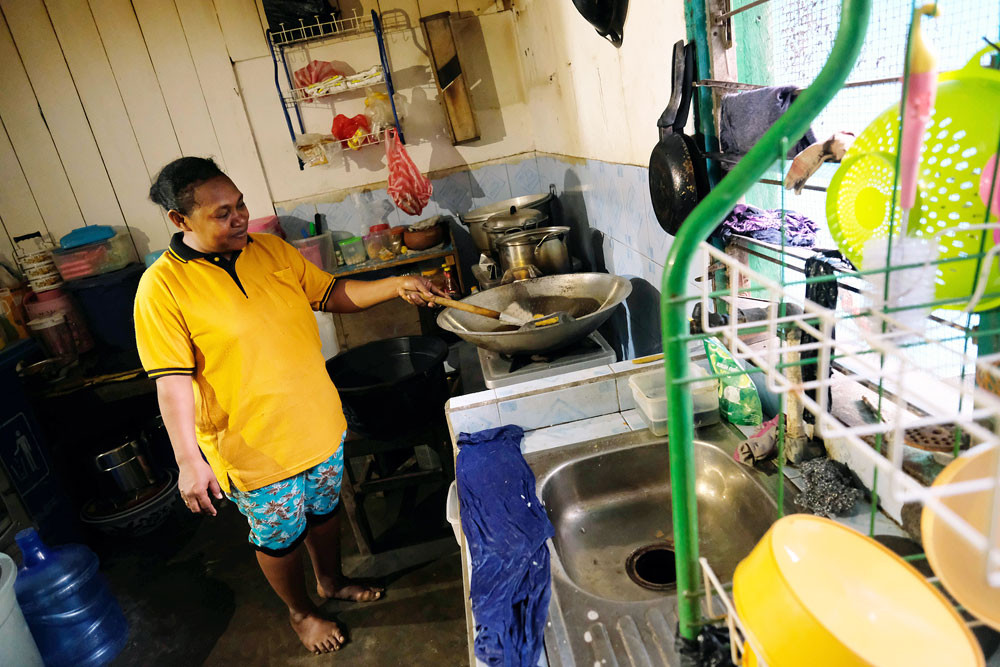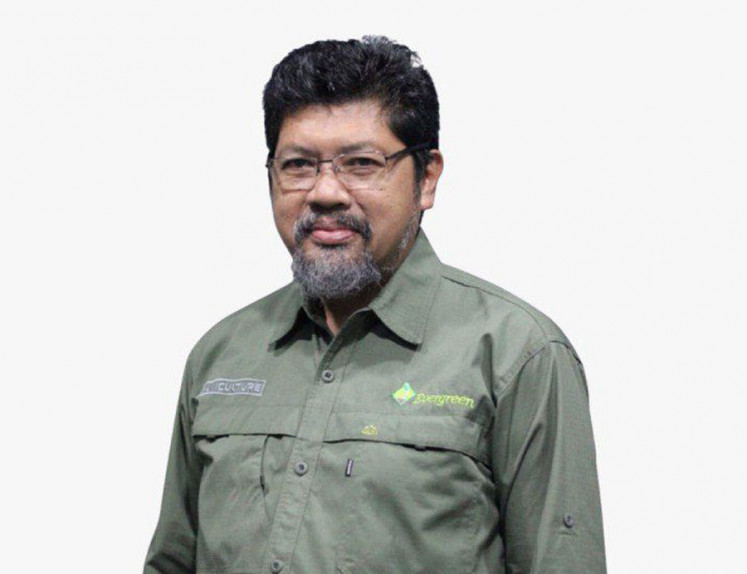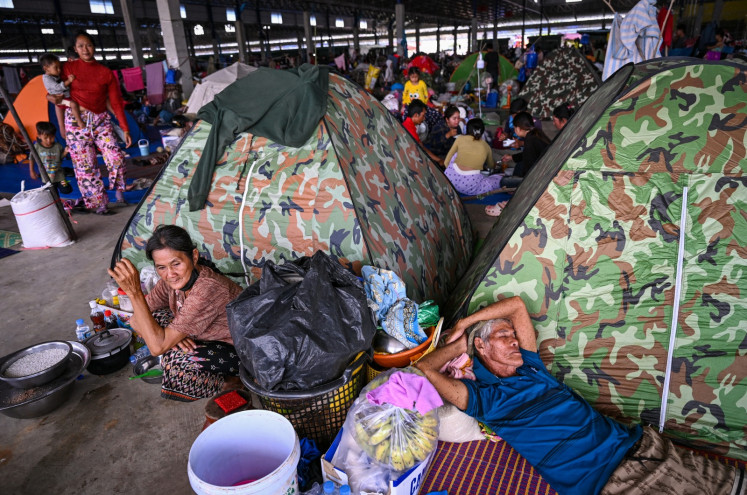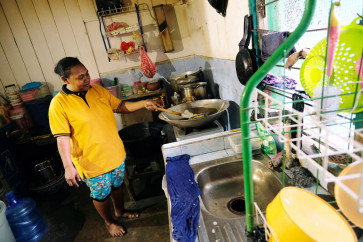Popular Reads
Top Results
Can't find what you're looking for?
View all search resultsPopular Reads
Top Results
Can't find what you're looking for?
View all search resultsHomes for equality in a changing world
All governments recognize the importance of families, and their role as the building blocks of societies and economies. But these findings pose a burning question for policymakers: do their policies sufficiently respond to the realities of how families live today? #opinion
Change text size
Gift Premium Articles
to Anyone
What’s a family? Classically, we think of a mother, a father and the children.
The father goes out to work, the mother takes care of the children, maybe she works part time, at home or close to home so she can be there when the children get back from school. It’s a common formula in advertising, movies and the media. It’s the pattern of romance plots, the story of song lyrics, the image for illustrations in schoolbooks. It’s comforting, stable, predictable. And it’s wrong, for the majority of families in the world.
Progress of the World’s Women 2019-2020, Families in a Changing World, United Nations Women’s flagship report, launched on June 25, explodes the myth of the “nuclear” family once and for all. Globally, a couple with children makes up only about one third of households worldwide.
The other two thirds of the families of the world don’t fit the stereotype. Families remain the central unit of our societies. However without full clarity on how they are composed, the policies that determine their support are aimed at a minority, in many instances missing the most needy.
We need a reality check. This report provides one.
What is missing from the picture? The vast scale of single mothers bringing up society’s future generations is one aspect: There are more than 100 million lone mothers in the world today.
They are 84 percent of all single parents. As populations age, there are increasing number of older people living alone.


















